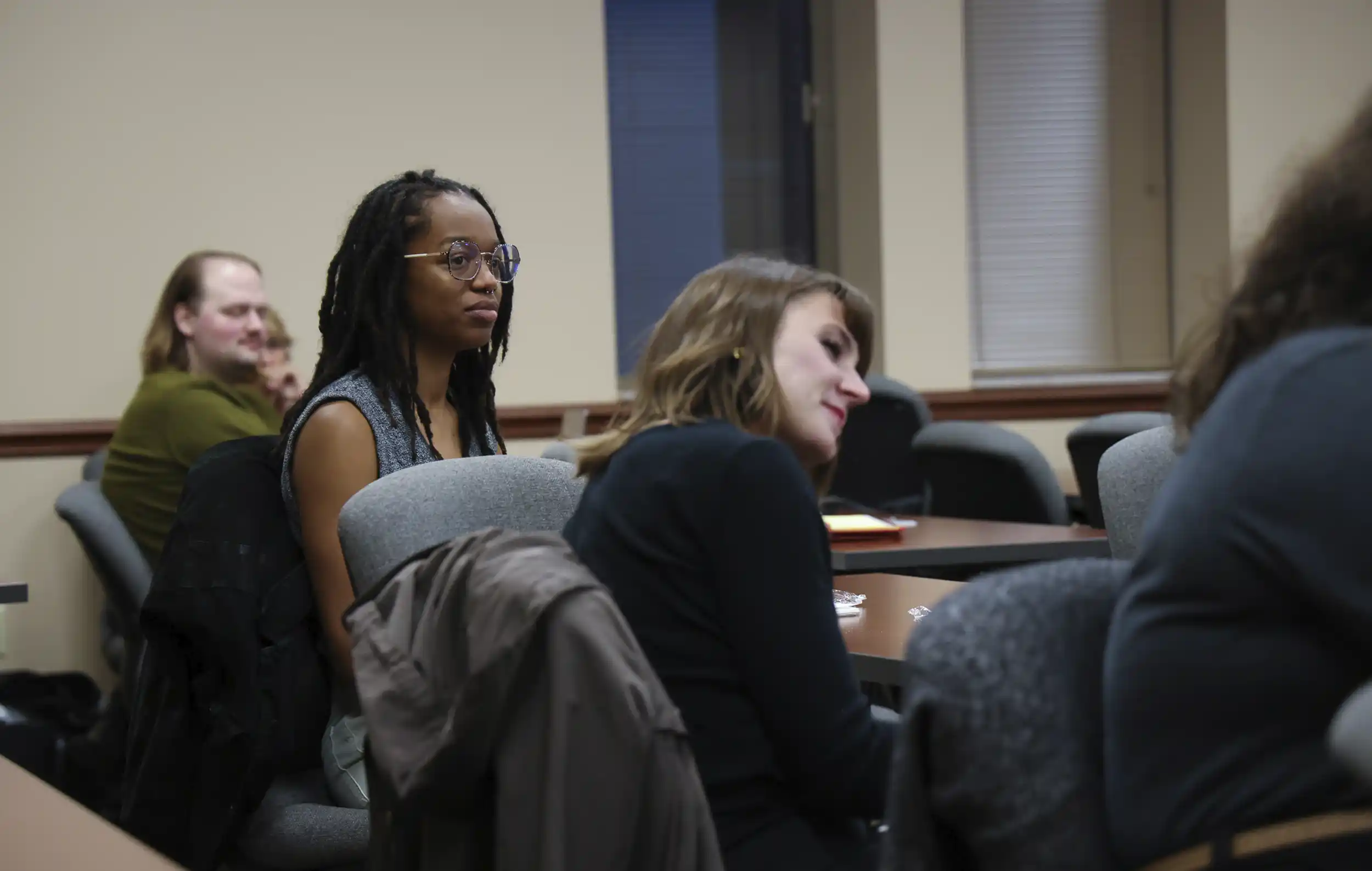In Appalachia, the history, use, and ownership of land is central to achieving a just transition from an extraction-based economy to one that ensures that Appalachian communities can thrive. Working closely with faculty with long-standing ties to the community, the AJRC explores how university resources can be leveraged to support both the environmental and economic needs in the region.
Land Justice Projects
Addressing Heirs’ Property in Rural Tennessee and Beyond
With the support of a UT Grand Challenge grant, an interdisciplinary team of faculty and students spanning law, sociology, geography, and landscape architecture are working alongside Woodland Community Land Trust and Southern Connected Communities Project in the Clearfork Valley of Tennessee to focus on the complex legal and social landscape surrounding heirs’ property—land passed down through generations without clear titles, often leaving owners vulnerable to land loss and economic stagnation. The team is documenting the specific heirs’ property issues in the region – via oral histories interviews that illuminate the personal, historical, and cultural significance of these properties – and generating resources, such as a legal resource guide, that will enable rural communities in our region to resolve heirs’ property issues in their communities.
Affiliated Faculty
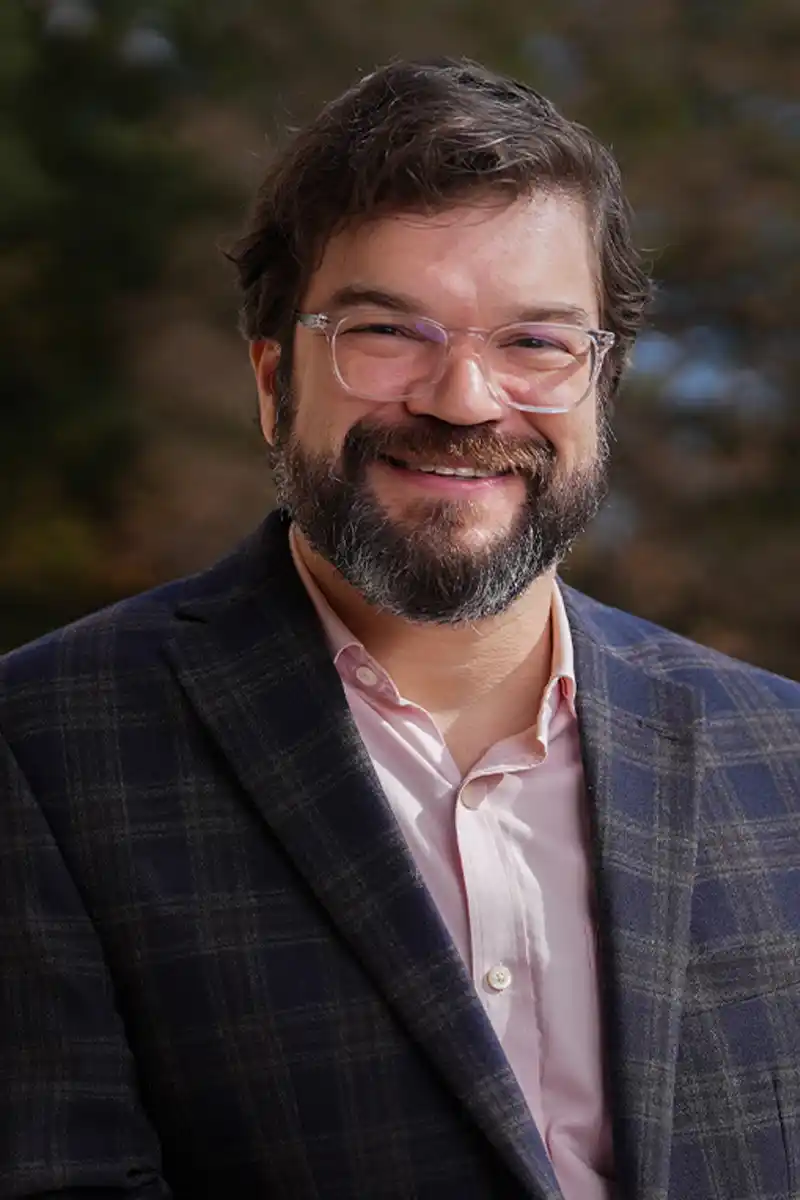
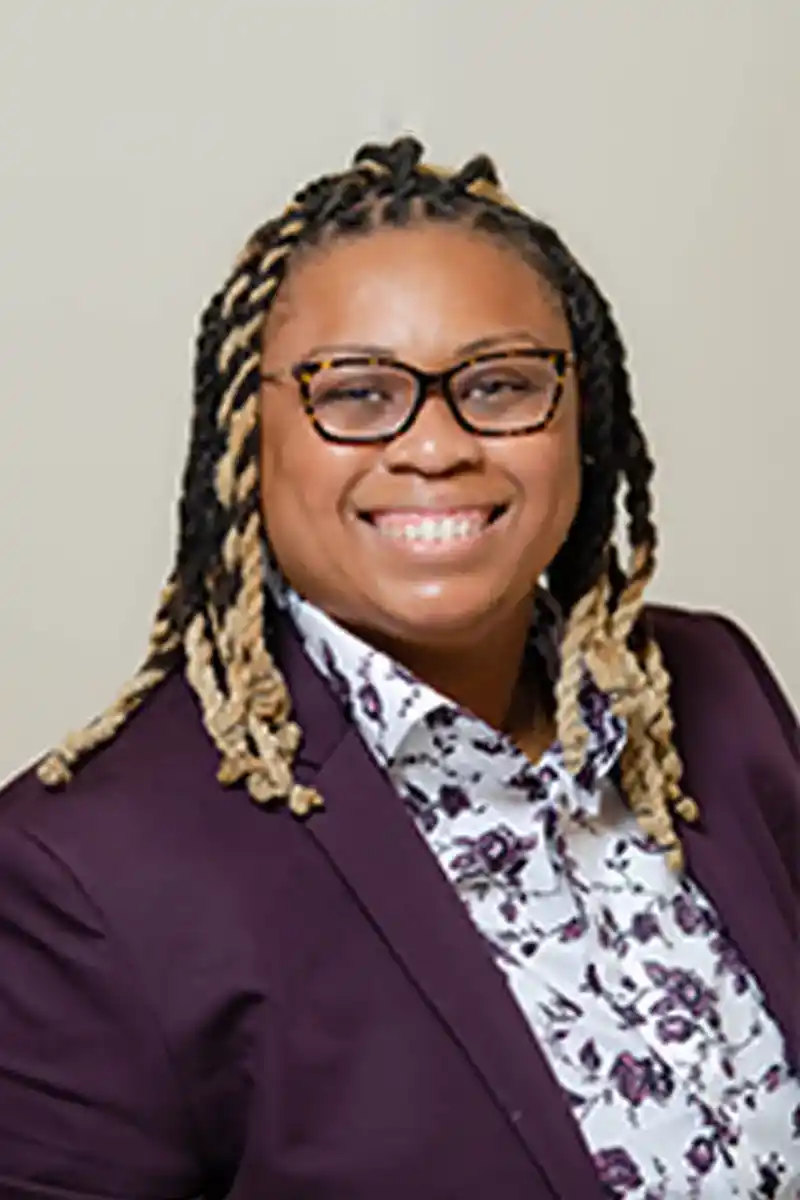
Shaneda Destine
Associate Professor
College of Arts and Sciences, Joint Appointment with Departments of Africana Studies and Sociology
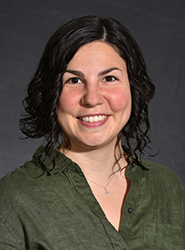
Christina Ergas
Associate Professor
College of Arts & Sciences, Department of Sociology
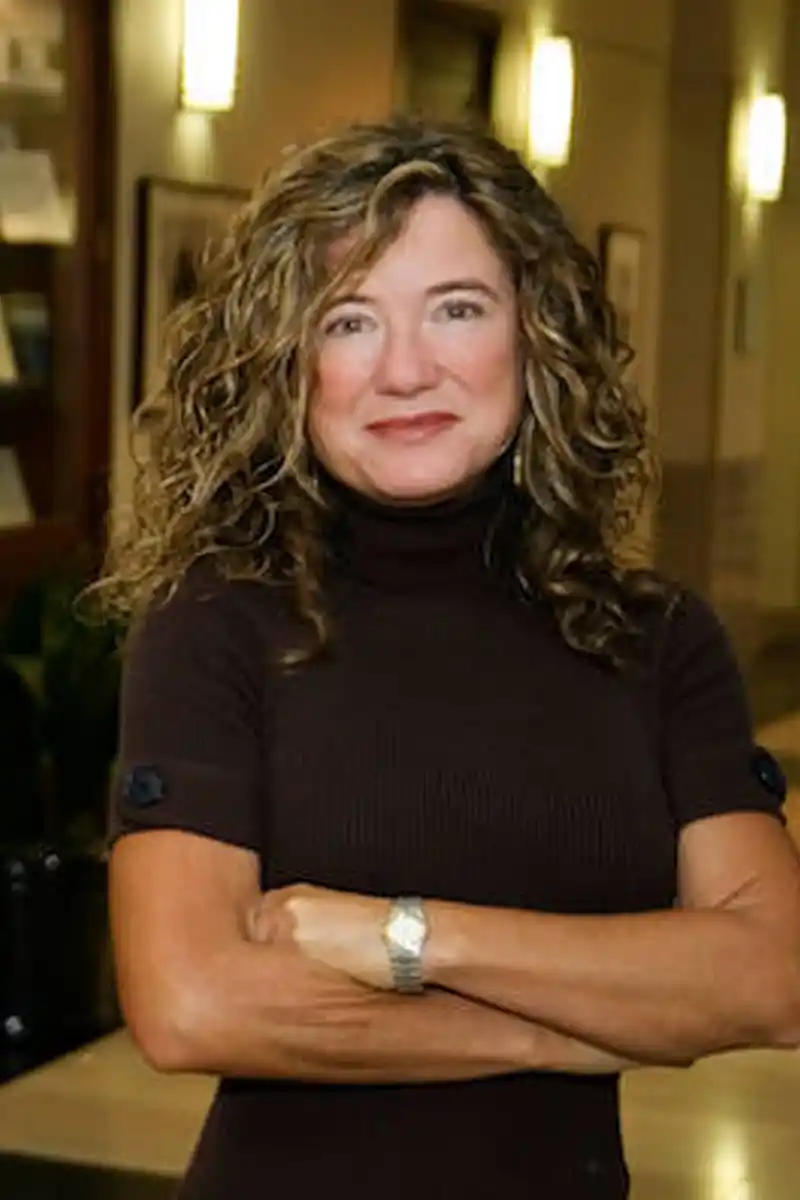
Becky Jacobs
Waller Lansden Distinguished Professor of Law
Winston College of Law
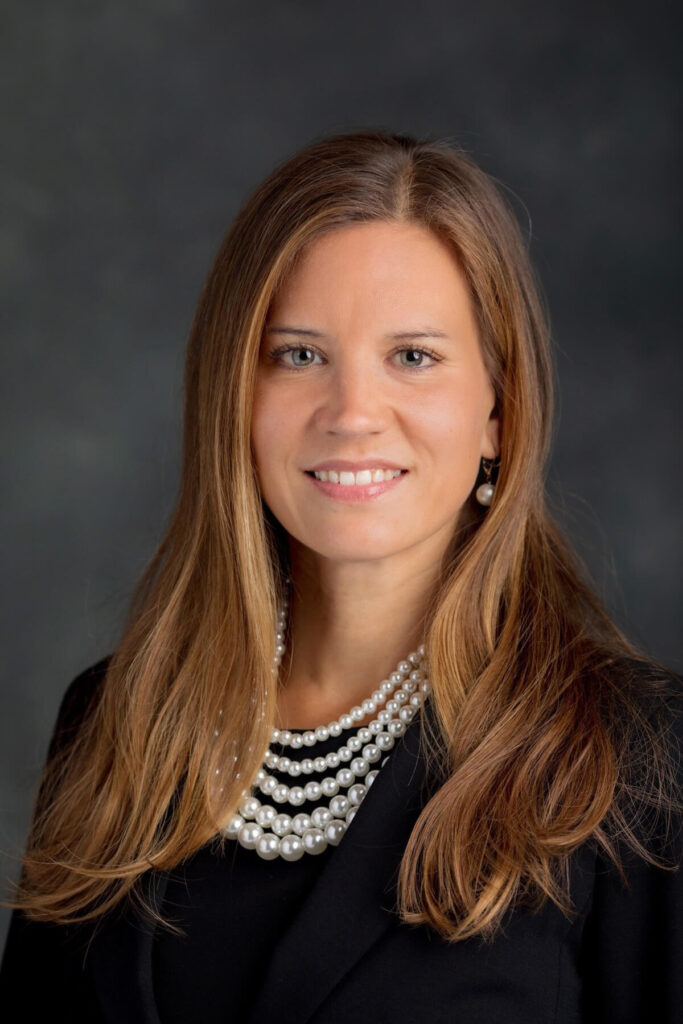
Lucy Jewel
Director of Legal Writing and Joel A. Katz Distinguished Professor of Law
Winston College of Law
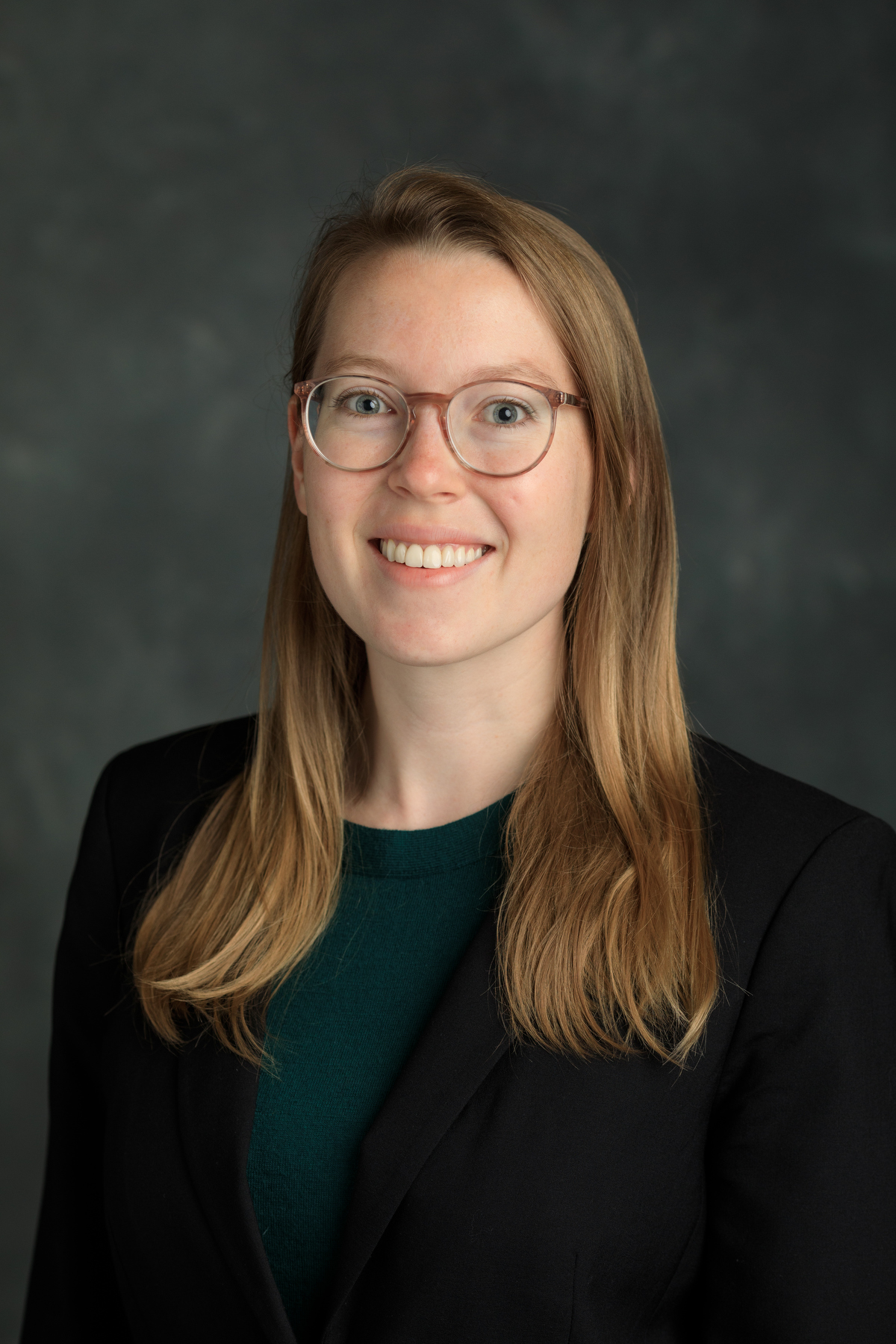
Nikki Luke
Assistant Professor
College of Arts & Sciences, Department of Geography & Sustainability
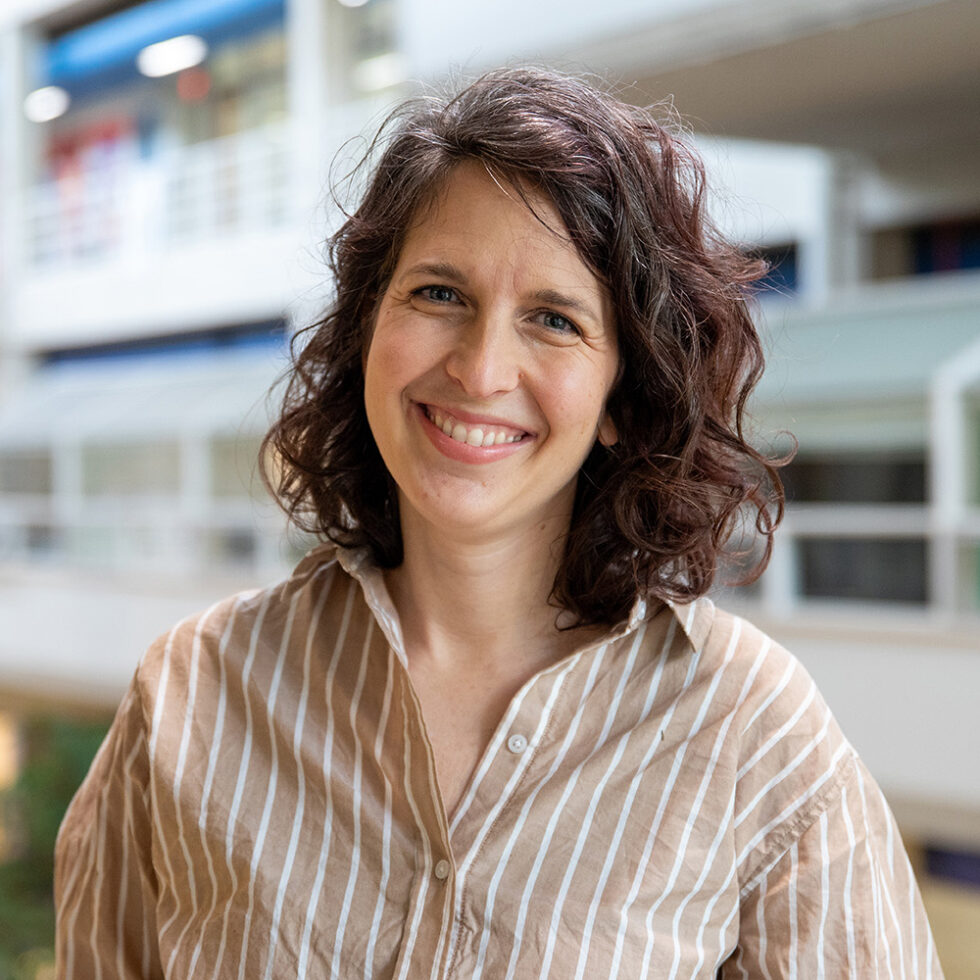
Scottie McDaniel
Assistant Professor
College of Architecture and Design, School of Landscape Architecture
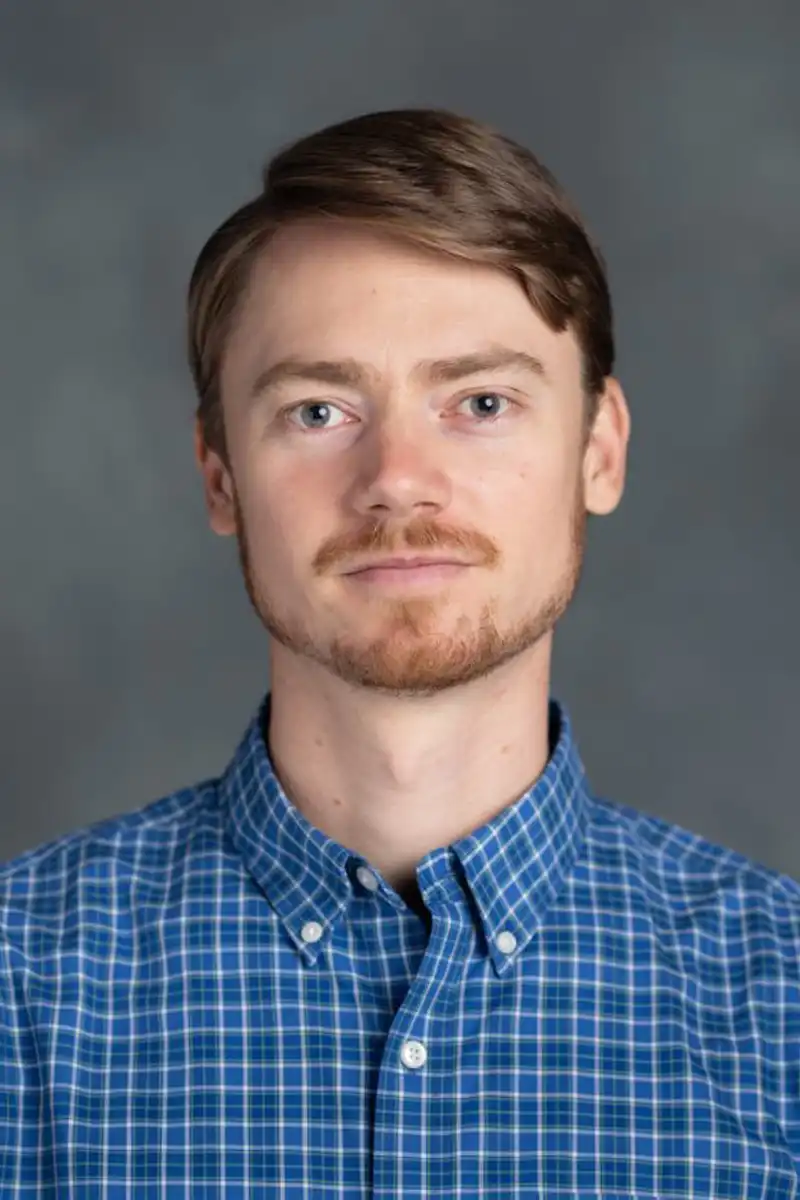
Gabe Schwartzman
Assistant Professor
College of Arts and Sciences, Department of Geography & Sustainability
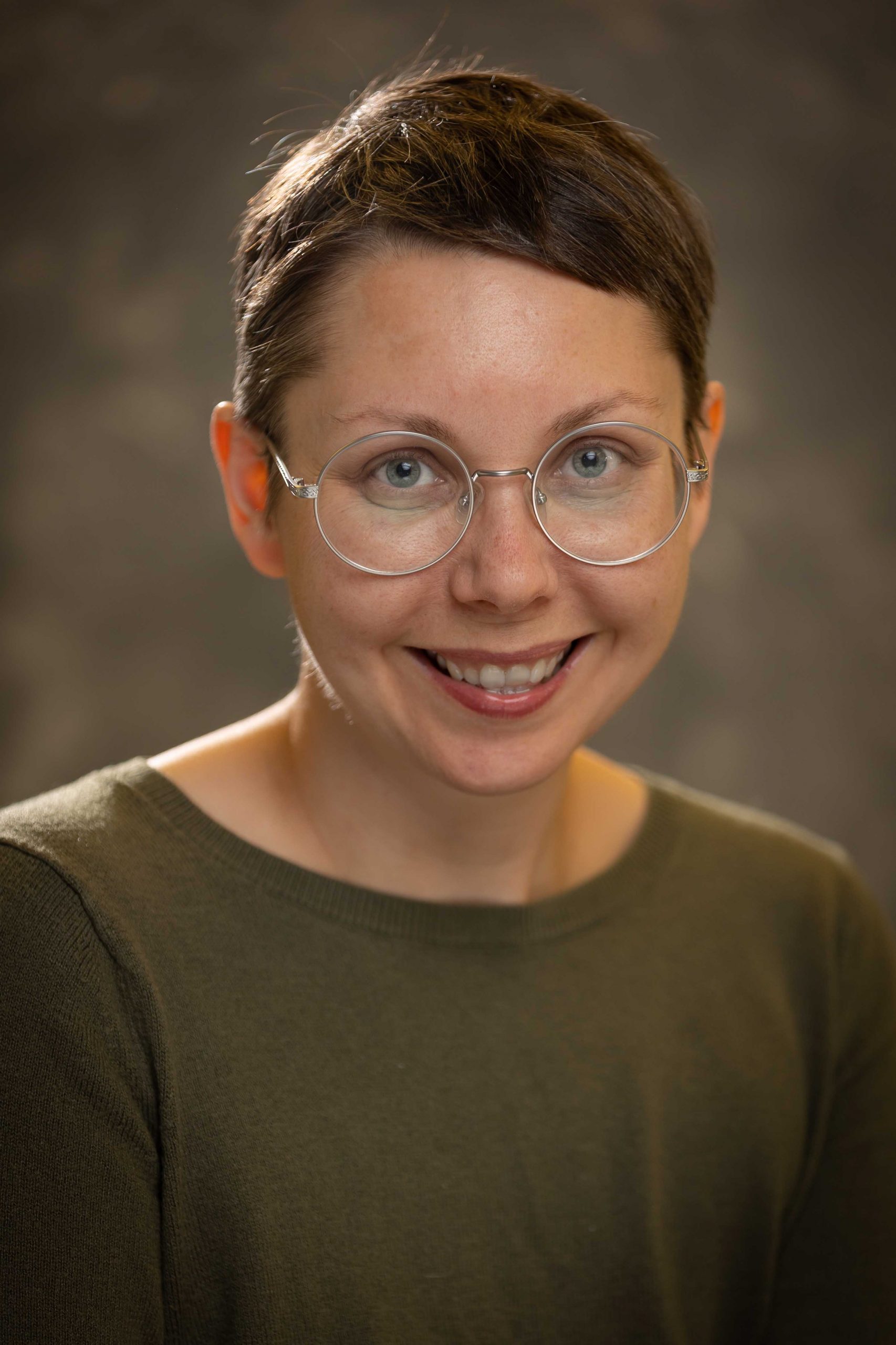
Lindsay Shade
Assistant Professor
College of Arts & Sciences, Department of Sociology
